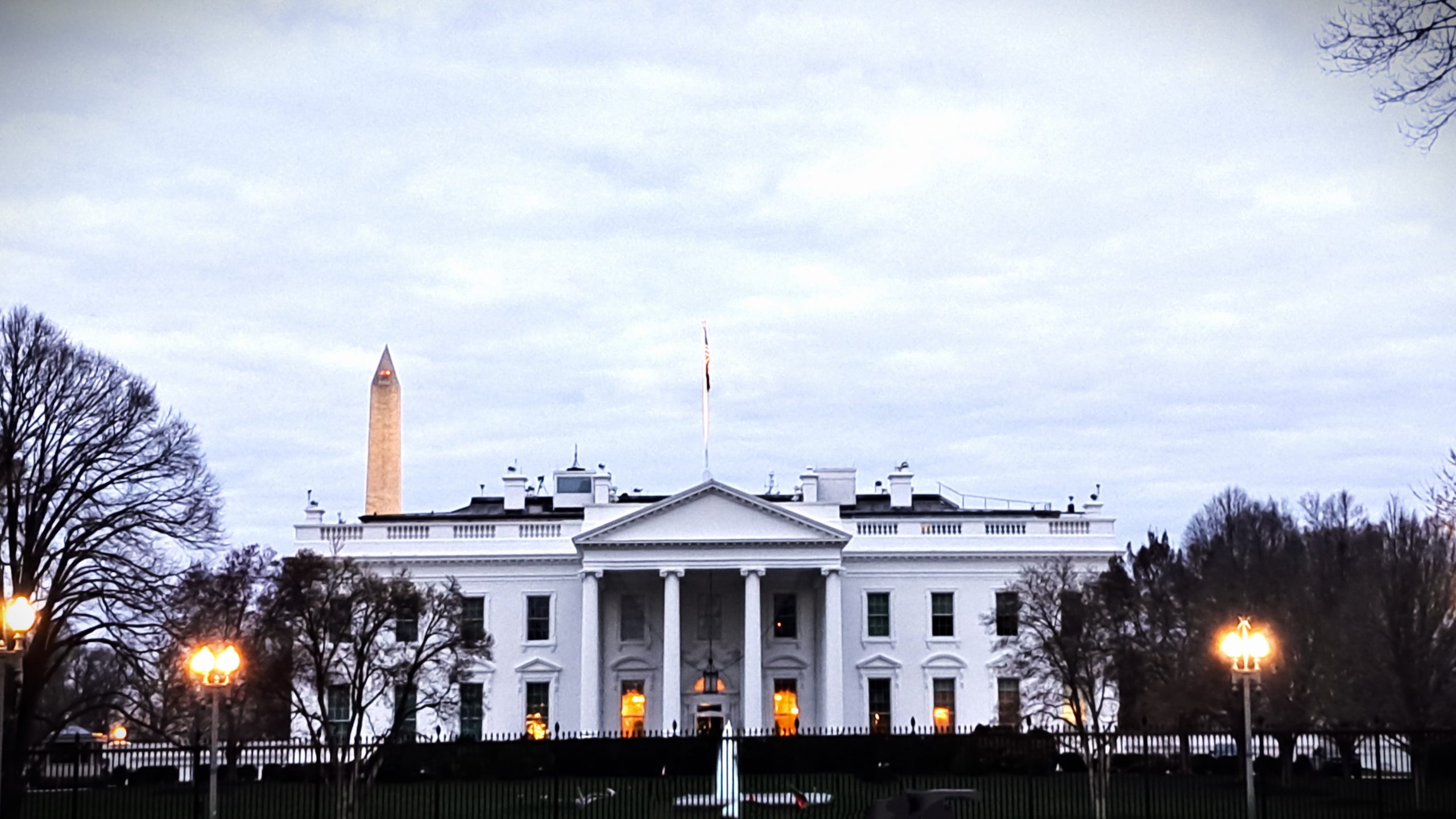1
Extreme Politics – Online Radicalization without BoundariesThe United States finds itself in a state of political and social polarization unlike almost any other democracy. Democrats and Republicans stand irreconcilably opposed in a fierce election campaign. The media debate is heated, and the population is divided into political factions. Republican presidential candidate Donald Trump has announced a radical agenda in the event of his victory. The workshop, held in the BFNA’s premises just a few minutes’ walk from the White House, took place one day before the “Super Tuesday,” during which primary elections were conducted in 15 states for the November presidential elections. The workshop discussions, eight months ahead of the polls, were thus heavily influenced by this significant political event. Not only does it represent a crucial turning point for democracy and society within the United States, but it will also have far-reaching implications for the entire world.
The first session underscored the pivotal role of online communication as the primary battleground for radicalization and polarization. Misinformation, disinformation as well as hate speech have increased significantly and continue to exacerbate societal divisions. Traditional countermeasures against radical groups and individual actors have reached their limits: While monitoring and infiltrating radical groups were the primary focus in the past, it is individuals who self-radicalize online and subsequently take action today.
Furthermore, protective measures against serious harm, such as behavioral training during hostage situations or active shooter incidents, address only the consequences but not the root causes. The political narrative – being that violence can be prevented, but nothing can be done about ideology and attitudes, is found ineffective. Research indicates a correlation between various extremist attitudes (anti-Semitism, anti-Muslim sentiment, sexism, right-wing extremism) and the possibility of proactively influencing these mindset patterns before they lead to further radicalization and violence. To achieve this, an approach inspired by public health strategies was suggested. A central element of such is “prebunking,” based on the inoculation theory. For instance, short videos developed by Google as part of their Jigsaw initiative are considered effective by many effective.
In the discussion, it became evident that loneliness and isolation significantly increase susceptibility to radical content. Therefore, “on-the-ground-work“ within communities, paired with prebunking, holds particular importance. As an example, reference was made to the Mobile Counseling Teams, which have been active in Germany for many years and serve as a model for implementation in the United States as well.


